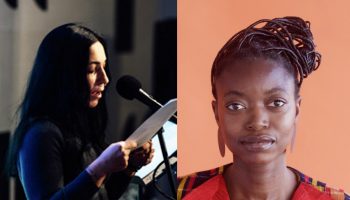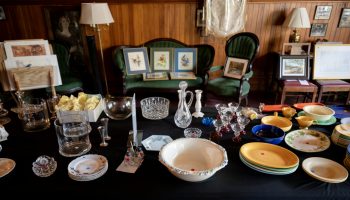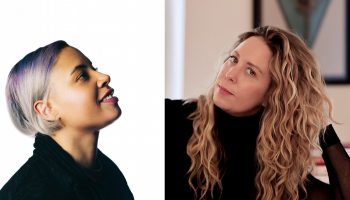Students in Week Two’s workshops at the Chautauqua Writers’ Center will work with married couple Ashley Mace Havird and David Havird, who are teaching at Chautauqua Institution for the first time.
Ashley is prose writer-in-residence, and David is poet-in-residence. Ashley said they’re excited to get out of the “sultry” weather in Louisiana for a bit.
Ashley’s workshop is called “Exploring Home,” and David’s workshop is called “The Wonder of Travel.” The Havirds will also give readings at 3:30 p.m. Sunday on the porch of the Literary Arts Center at Alumni Hall.
Ashley is the author of four books: three poetry collections and her novel Lightningstruck.
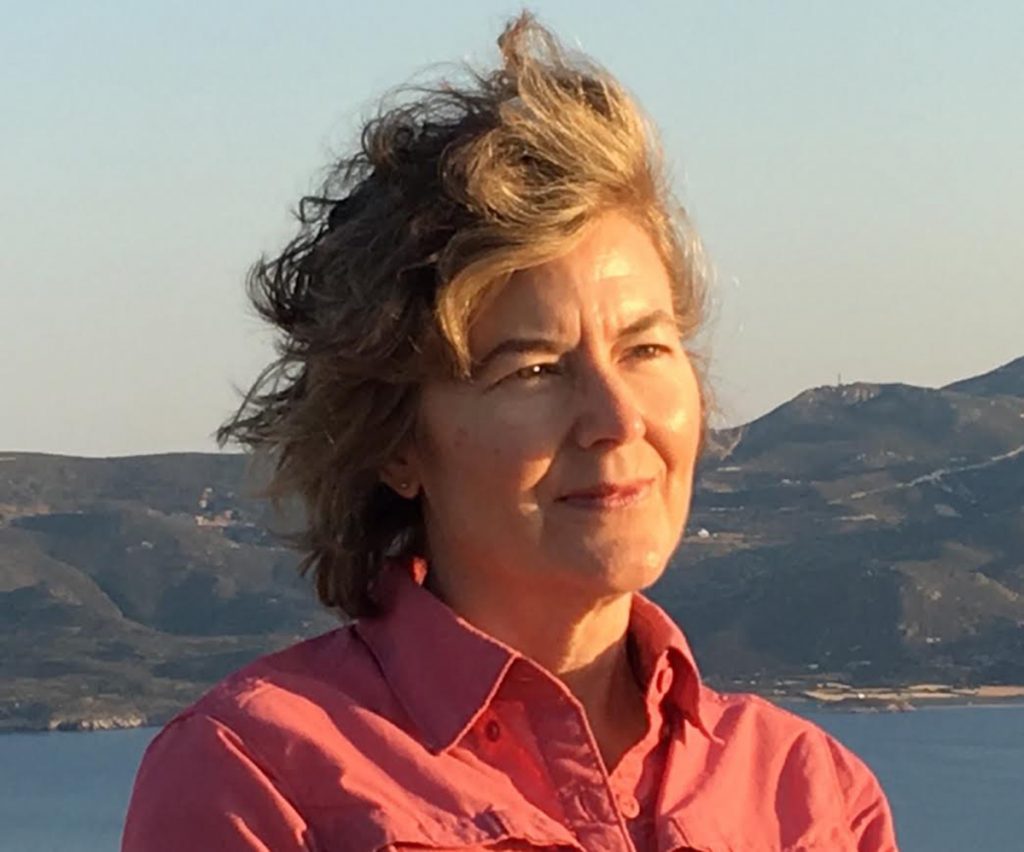
She said she wants the students in her workshop to think of the idea of “home” in the way that an archaeologist would look at a find. She said they’ll work on peeling back layers of their memories of home and discovering new ideas about people, places and experiences.
Ashley said this can be particularly exciting for older students, whose perceptions may have shifted over time.
“How they think of home will have changed — from the time when they were a child to an adolescent and now as an older adult,” Ashley said. “My aim is to get them to think back on something really specific.”
Ashley said they’ll take that specific idea and turn it into a scene, which she said is the “meat” of a story. Her students will leave with a three- to four-page scene they can use as the basis for a short story or part of a novel.
As for Ashley, she said she hopes to make new friends. She’s worked with all ages, she said, but she’s excited to be around people close to her in age.
David teaches at Centenary College of Louisiana. His poems have appeared in multiple anthologies as well as The New Yorker.
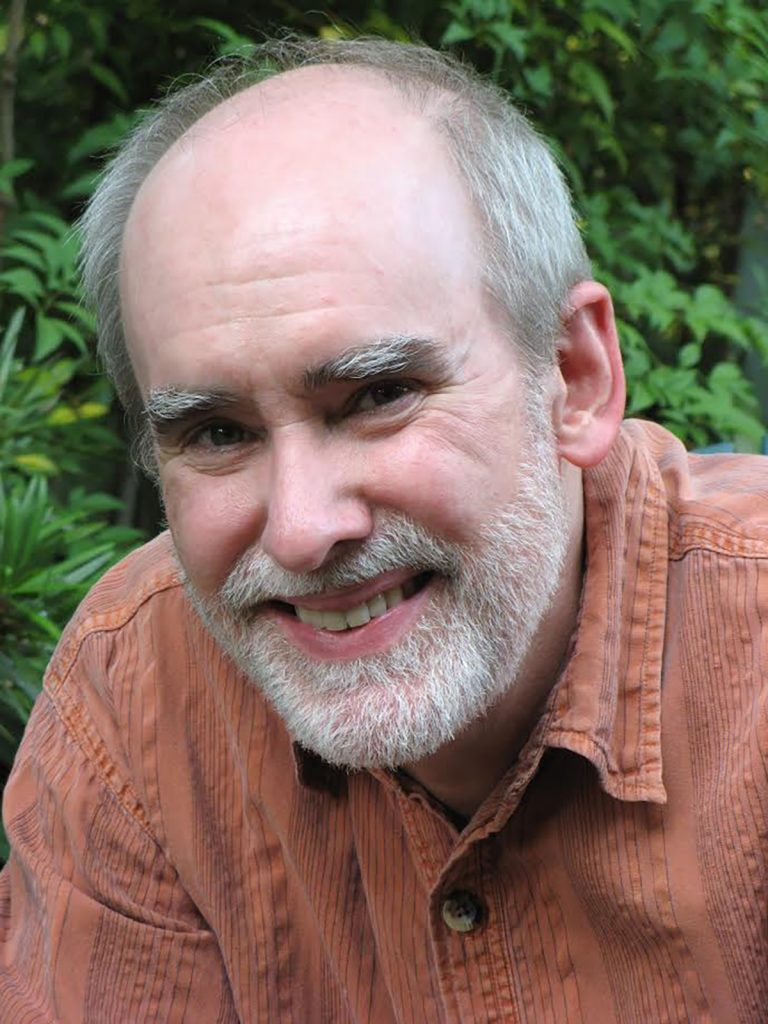
Many of David’s poems are inspired by his travels, he said, and he thought he would try to tie his workshop to Week Two’s theme, “The Human Journey: Origins, Exploration and Preservation.”
David said a lot of people keep a notebook when they travel, and he’s one of them. He said he likes to jot down images and sensory details — small bits and pieces he can return to later and mold into poetry.
“Some people are kind of scared of poems and feel like they don’t know where they come from,” David said. “One of the things I like to emphasize is that poems tend to come out of the same place that stories and prose pieces come out of.”
David’s students will follow a similar process: they’ll take notebook entries inspired by their travels — or their experience at Chautauqua — and isolate arresting details and interesting phrases that they can sculpt into poems, he said.
He said seeing students find a beautiful poem in their observations is one of the most rewarding parts of teaching.
“I get a real kick out of seeing these little works of art emerge,” David said.
He hopes that each of his students will take away a “wonder of travel” poem and a renewed poetic sensibility.
“Reading and writing poems makes you more alive,” David said.
The Havirds will also give Brown Bag lectures on the porch of the Literary Arts Center at Alumni Hall during Week Two. David’s Brown Bag, called “Life Amid the Ruins: Greece Through Poets’ Eyes,” will be at 12:15 p.m. Tuesday, and Ashley’s Brown Bag, called “Memoir or Novel? The Perils of Too Much Self,” will be at 12:15 p.m. Friday.


